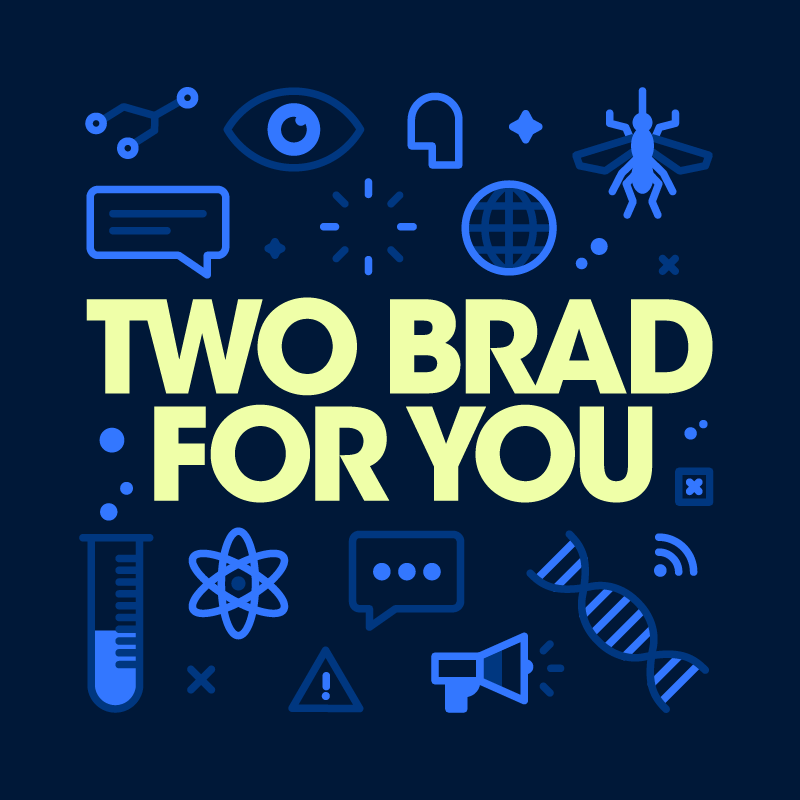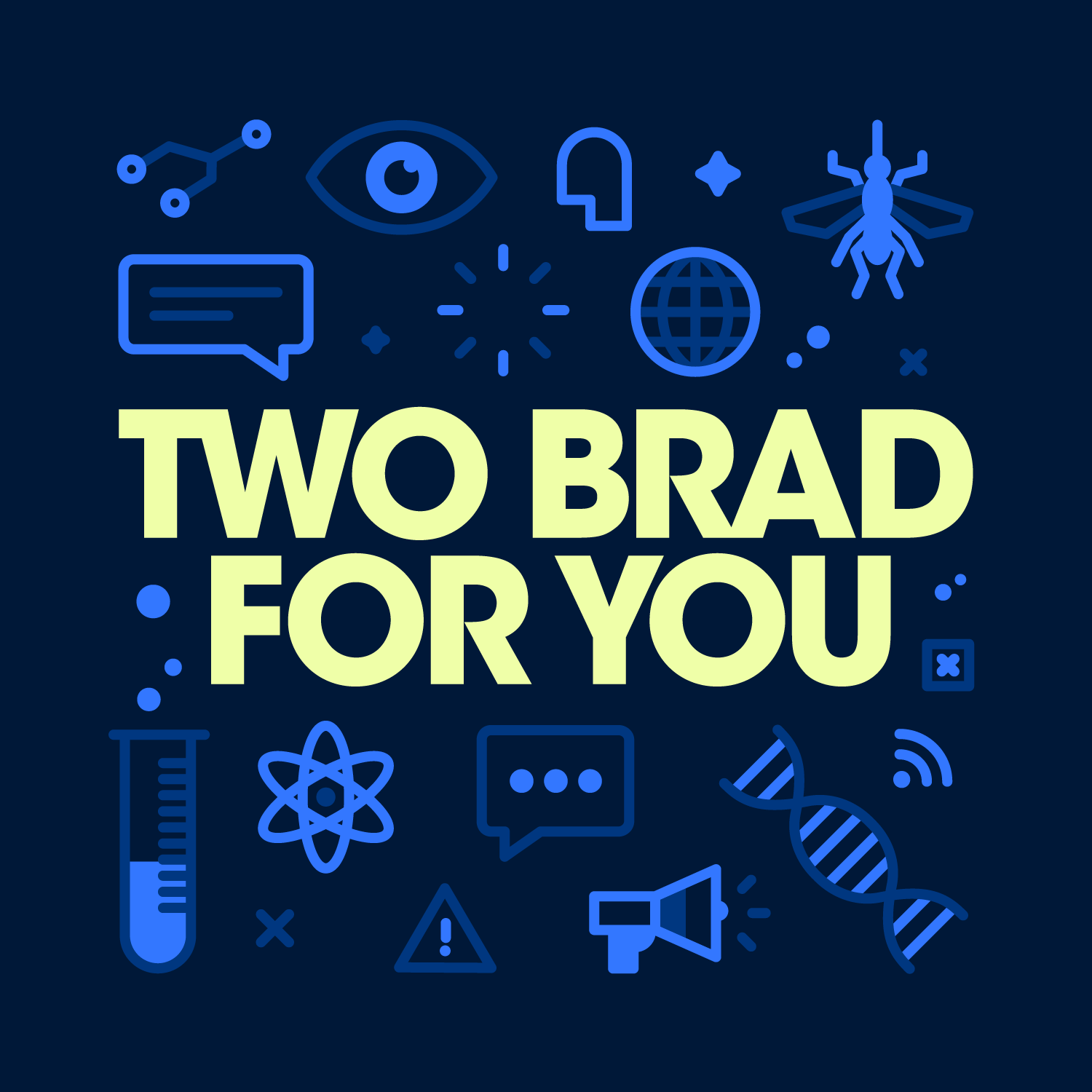full
Episode 90 - Understanding Public Attitudes Toward Science
Responsible members of society should have some understanding of science. Hot take? I don’t think so. Decisions on personal and public health require some knowledge and look no further than debates surrounding the application and use of things like AI and gene editing technology. Citizens should have and use their voice to speak on these topics. And this is why science communication exists as a volunteer activity for many academics and as a career for people like me. Unfortunately, the very people who have the scientific expertise for this work, scientists etc., don’t have the training or data needed to improve their communication efforts. Social sciences and communications research has established tools to ask questions about effective communication strategies and how audiences are reacting. What are their beliefs, motivations, ideas and morals when it comes to science and controversial science topics like gene editing and genetically modified organisms (GMOs). I would argue, and I’m sure my guests today would agree, that science communicators need to use these tools more to investigate the science of science communication.
On this episode I speak with professional science communicator Cristina Fonseca and genetics professor Jonathan Pettitt. Both were members of a team that published two papers that surveyed British audiences about their attitudes and trust toward science pre and post pandemic and explored the relationships between people’s knowledge of science, their confidence in their knowledge and their views on controversial science topics. This is a fascinating look at how researchers can apply the scientific method to their communication efforts and the results of the two papers raised excellent questions about who needs and wants to hear from scientists and what sorts of things influence their views on science.
Sources
Why Peter Hotez Should Not Debate RFK Jr. On The Joe Rogan Experience
WE WANT TO HEAR FROM YOU! Head to www.twobradforyou.wordpress.com to subscribe to, donate to and follow the show on social media. You can also leave a comment, send an email or voice message. We read/listen to them all and will put them on air. This is your show too so get involved and don't let Brad have all the fun.




